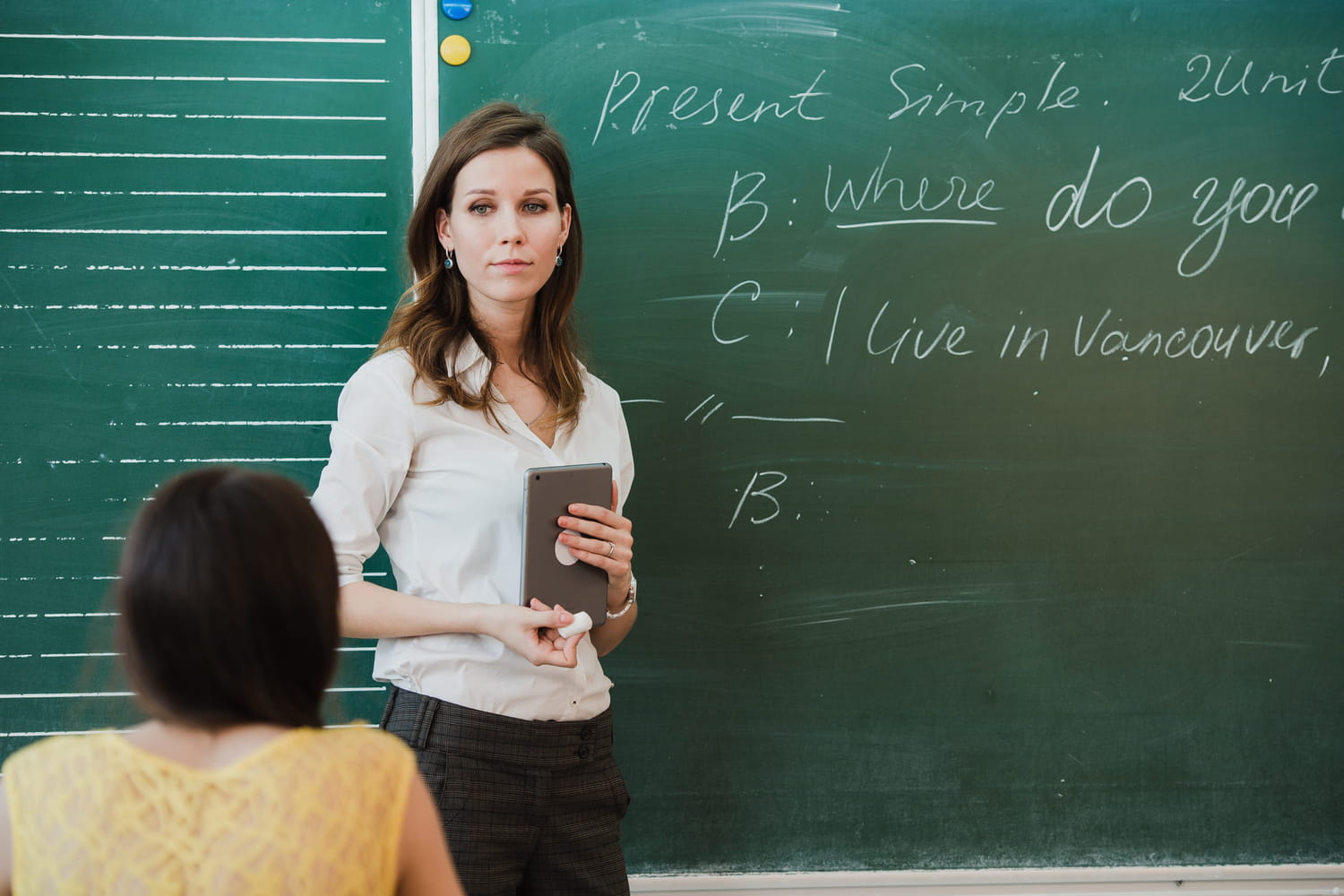This teacher preferred to leave the public rather than accepting what was asked. His testimony reveals the excesses of the education system.
When your child comes home from school, college or high school, you expect him to learn something new with a teacher who masters his material. However, this evidence is increasingly questioned in the French public school. According to the latest figures from the ministry and the data compiled by AFP, more than 2,600 teaching positions were not filled at the start of the 2025 school year, especially in scientific matters. To cope with this hard shortage, the rectorates adopt increasingly questionable solutions. They no longer hesitate to ask teachers to teach matters that they do not master, at the risk of compromising the quality of the education provided to students.
This situation particularly affects contractual teachers, emergency recruited to compensate for the lack of holders. Ophélie Roque, teacher in the Parisian suburbs and author of “antisets of a teacher”, lived this aberration of the interior. In a recent interview with Le Figaro, she testifies with bitterness: “The rectorate has a principle: it is better to have a teacher in front of the students, even bad. Me, it was there at a time when I was in disagreement and I switched from public to private. I was asked for force, while I was in modern letter, to teach Latin.”
The teacher tells how the situation gradually deteriorated: “I was told ‘you will learn at the same time as the students’, I didn’t say anything for Latin, because it was doable with college students, then I was told, ‘you have to teach them ancient Greek’, and there, I said ‘no’ because I am not here to learn at the same time as my students.” For her, this practice goes against the fundamental mission of the teacher: “I am here to distribute their knowledge and knowledge that I know. We cannot be good when you distribute knowledge that is stammering. To be able to do something about the good transmission, it is necessary that it has been the time to digest ourselves to digest, to have a real perspective on it.” Faced with this “aberration”, she finally left the public for the private sector.
The consequences of these practices on students are worrying. How can you guarantee quality education when the teacher discovers the material overnight? This situation directly penalizes children, who find themselves with approximate learning in matters already considered difficult. The public school, supposed to guarantee equal opportunities, is thus weakened by its own dysfunctions. This crisis reveals a vicious circle: the degradation of working conditions pushes the qualified teachers to the private sector, still aggravating the shortage in the public and forcing the institution to increasingly questionable solutions to maintain the minimum service.







